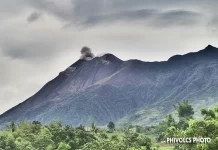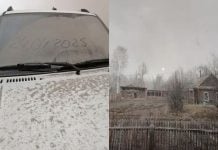The volcanic season is underway with eruptions in different countries across the world.
While volcanoes may not have “seasons” as we know them, scientists have started to discern intriguing patterns in their activity. So what is causing eruptions?
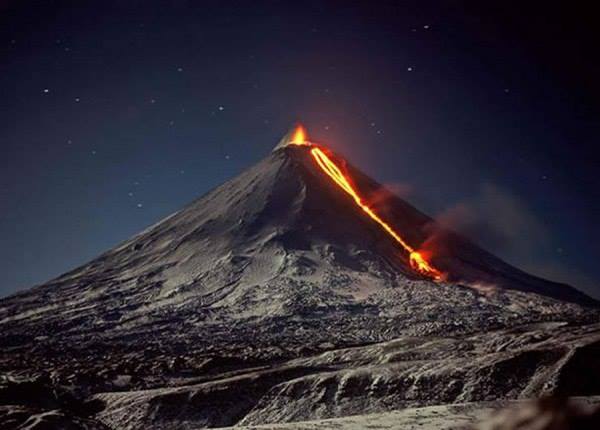
Eruptions caused by changing Earth’s rotation rates
Due to factors like the gravitational pull of the sun and moon, the speed at which the Earth rotates constantly changes. The length of a day actually varies from year to year, but in the order of milliseconds.
In February 2014, a study showed that, since the early 19th century, changes in the Earth’s rotation rate tended to be followed by increases in global volcanic activity.
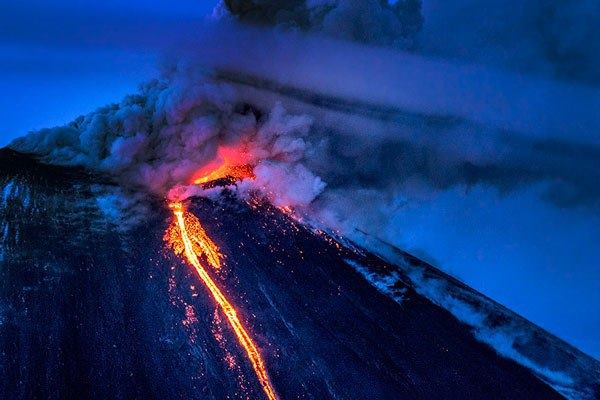
Eruptions caused by climate change
In the past, periods of severe loss of glaciers were followed by a significant spike in volcanic activity. And this is what is happening right now!
A 2009 study, for example, concluded that between 12,000 and 7,000 years ago, the global level of volcanic activity rose by up to six times. Around the same period the rate of volcanic activity in Iceland soared to at least 30 times today’s level.
There is supporting evidence from continental Europe, North America and Antarctica that volcanic activity also increased after earlier deglaciation cycles. Bizarrely, then, volcanic activity seems – at least sometimes – to rise and fall with ice levels. But why? Again, this strange effect might be down to stress.
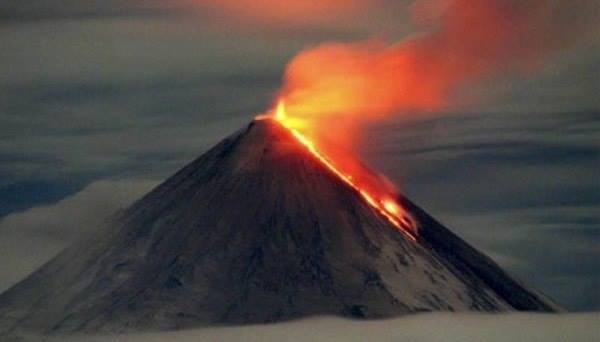
Eruptions caused by ice melting
Ice sheets are heavy. Each year, Antarctica’s loses around 40 billion tonnes. They are so heavy, in fact, that as they grow, they cause the Earth’s crust to bend – like a plank of wood when placed under weight.
The corollary of this is that, when an ice sheet melts, and its mass is removed, the crust springs back. This upward flexing can lead to a drop in stress in the underlying rocks, which, the theory goes, makes it easier for magma to reach the surface and feed volcanic eruptions.
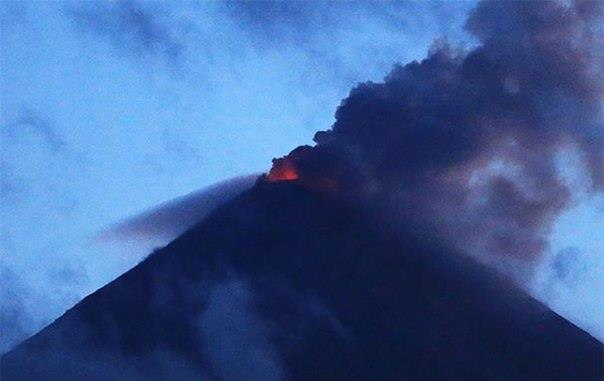
Link between climate change and volcanism
The link between climate change and volcanism is still poorly understood. Some volcanoes are affected while others not. And it does not seem to be a major concern for today although we are facing an ice-free future.
But there is a pole shift, the strong El Nino, and the fact that our planet Earth can respond to change in unforeseen ways. In this case, volcanoes are helping scientists understand just how sensitive our planet is.


